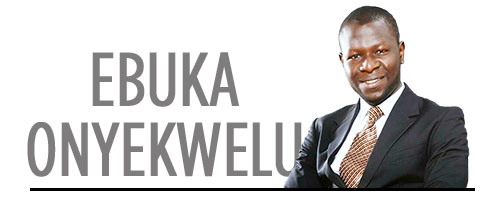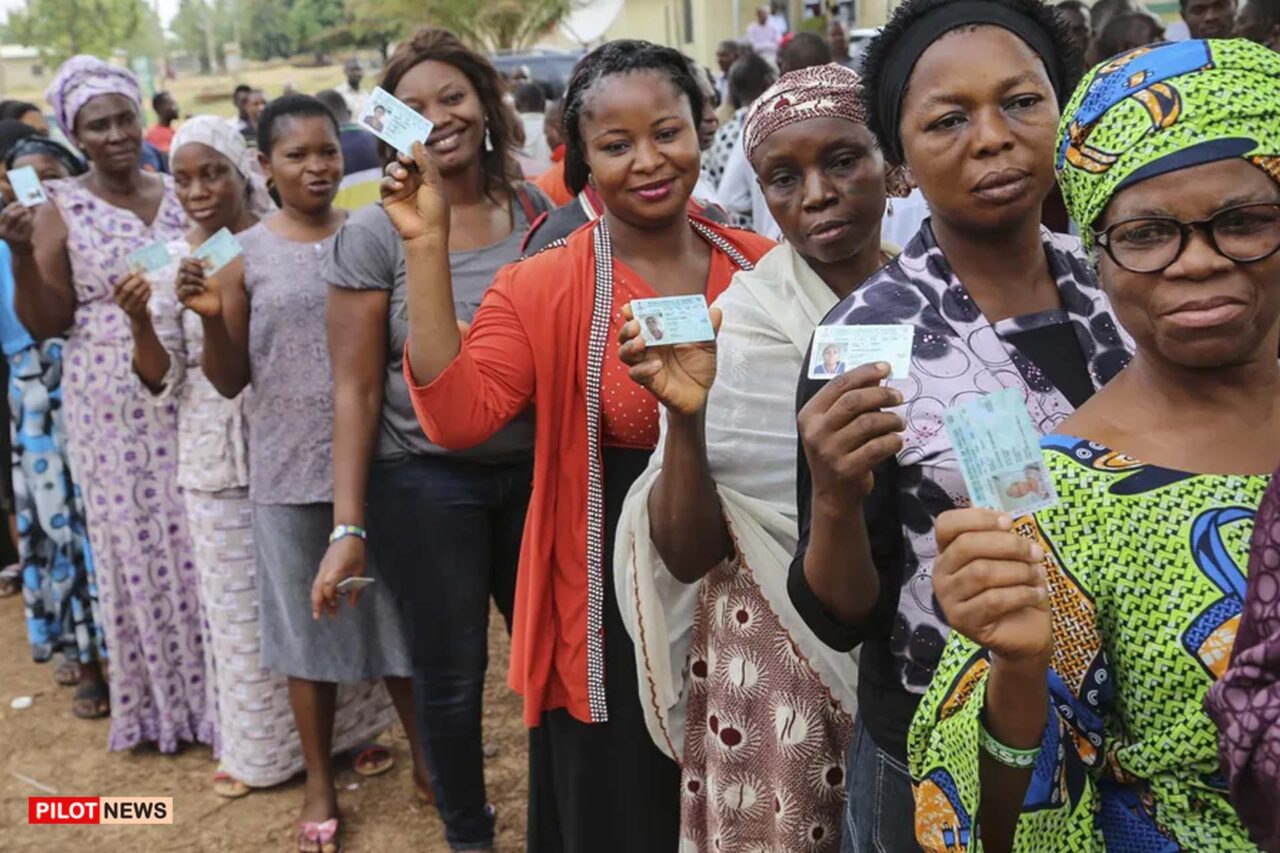In Africa and most Third World generally, parochial political culture is usually prevalent and informs the attitude and behaviours of the people towards politics.
One of the most distinguishing features of a democracy is public participation in the process of selecting leaders termed general election. However, the extent to which the public participates in this process is largely determined by preexisting political culture. In other words, an established code of conduct of the people towards political matters shapes their input and summarily determines their participation level. In Africa and most Third World generally, parochial political culture is usually prevalent and informs the attitude and behaviours of the people towards politics.

What people do, how they react, demands they make, their input, among others in the politics of their country or state is influenced by their political socialization. This is to say that political culture is determined by political socialization. To put this in perspective, families in our clime do not encourage their members to be part of any political activity, they believe it is suicidal. When one insists, then, a lot of caution is advised to be applied. In most churches, unless towards important elections like the weekend’s governorship election in Anambra state, there is no mention of political leadership, election or anything connected thereto in any activity of the church.
Most public engagement relating to government or political leadership is squarely about failures of government and political leadership; nothing is mentioned about how the people can rescue their country or state, with their genuine involvement in the political process. In fact, the people live as if to say that government and political leaders do not matter and as such, they can do without it. Both family and church are major agents of political socialization. In consequence, there is an entrenched perception of government as an abstract entity that is exploited by those occupying public offices for their personal gains. Right or wrong, the tragedy is that the people feel that there is nothing they can do about that situation. So for instance, even when elections are called, the people still believe that their participation will not make any difference.
Every election has its own peculiarities and this 2021 Anambra governorship election is consequently different. In addition to the existing apolitical culture, there are deep concerns that will further drive down participation in the election.
Against this backdrop, it is important that participation in the Anambra state election on Saturday is not viewed in isolation of the prevalent realities of the citizens’ political culture. The people simply have a culture of removing themselves from being part of the political process. On Election Day like Saturday, registered voters in all the three hundred and twenty-seven political wards, which constitute the five thousand, seven hundred and twenty polling units in Anambra state, will not turn up by close to half. In fact, 20% or 25% voter participation is a luxury.
During the last governorship election in 2017 for instance, Nnewi North Local Government Area had a total of one hundred and fifteen thousand, six hundred and sixty-two duly registered voters. But on Election Day, only twenty-one thousand, nine hundred and thirty-four thousand votes were recorded. Out of this number, about one thousand, three hundred and fifty-nine votes were rejected based on certain voting rules which were not followed by those voters. The worry really is that in 2017, Nnewi had more than one hundred thousand registered voters, but only about twenty thousand voted. This was the situation in Ihiala with over one hundred and twenty-four thousand voters but recorded about twenty-nine thousand votes. This is equally the same with Nnewi South local government with almost one hundred thousand voters but recorded about eighteen thousand votes.
Voter apathy is part of our political experience in Anambra state and indeed, Nigeria. But this year’s Anambra governorship election may yet be the worst.
Every election has its own peculiarities and this 2021 Anambra governorship election is consequently different. In addition to the existing apolitical culture, there are deep concerns that will further drive down participation in the election. For a few months now, the regular Monday sit-at-home has become part of the normal weekend holidays. In Nnewi and environs, Aguata and environs, Onitsha and environs, the fear on the populace are better imagined. The sit-at-home is thus most effective in those areas and despite the seriousness of business and commercial activities in those areas, nothing happens on Mondays and it has now become the new normal. I have only mentioned this as a guide to the possible impact the “no election order” by IPOB or its splinter groups, or other groups, will have on Saturday’s election turnout. The fact is that there is fear and uncertainty, such that has never been the case when participation and voter turnout was still low, how low can it now be?
For Elizabeth, a voter with her Permanent Voters Card – PVC, who has been voting in previous Anambra elections, “I am not going to vote this time. I will stay in my house”. This was also what Faith, another Anambra voter who has been voting in previous elections said. In a way of summary, out of about fifteen to twenty regular voters spread across Anambra state who gave their stand as to if they are voting or not, only about two regular voters affirmed that they will be voting in Saturday’s gubernatorial election. Anambra South senatorial zone and parts of Anambra Central senatorial zone may likely be the most affected by the apathy in this year’s governorship election.
Voter apathy is part of our political experience in Anambra state and indeed, Nigeria. But this year’s Anambra governorship election may yet be the worst. What appears to be fueling this year’s governorship election voter apathy is the fear of being attacked by no-election proponents or being cut in a crossfire between security forces and armed group(s) enforcing no-election in Anambra state. The intensity of voter apathy notwithstanding, by the early hours of November 7, 2021, it might be clear who the winner of the election is.
What this means is that with a large or small turnout of voters, there must be a winner. And whether one voted or not, the winner will become governor-elect and upon swearing-in on 17th March 2022, everybody in Anambra state will simply live with that reality. The new governor’s policy choices, development options, politics, among others, will have direct impact both on those that voted and those that did not vote, not excluding proponents of no-election and those advocating for election. No one will be speared and everybody will live with that reality, good or bad, till the next election cycle.
♦ Ebuka Onyekwelu, strategic governance exponent, is a columnist with the WAP
- Ex-Governor Yahaya Bello Declared Wanted by EFCC - April 18, 2024
- Committee Offers Solutions for Decongesting Correctional Centres In Anambra - April 18, 2024
- BREAKING: Gunmen kill Traffic official in Anambra, Zoom Off - April 18, 2024


